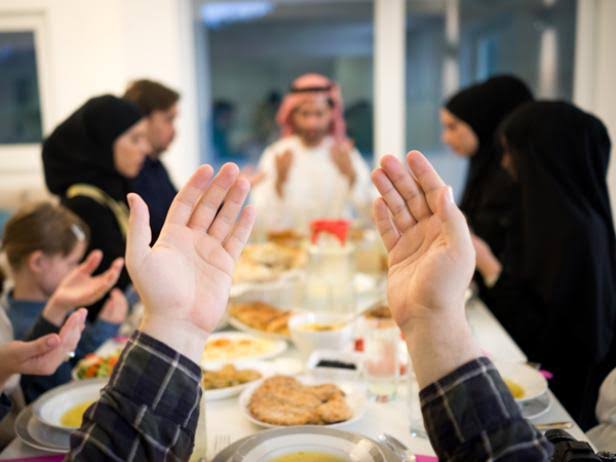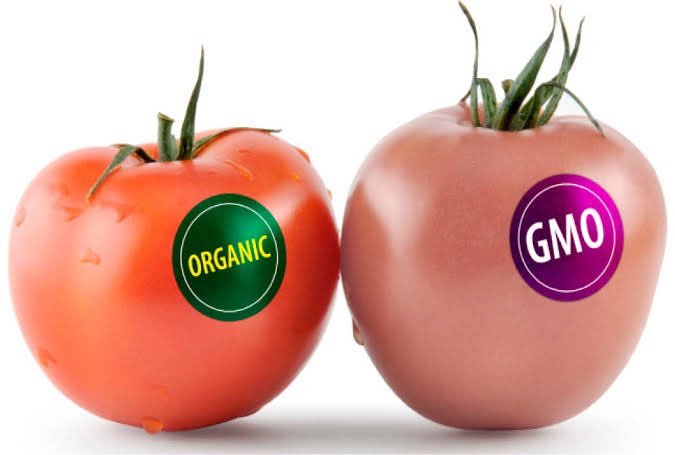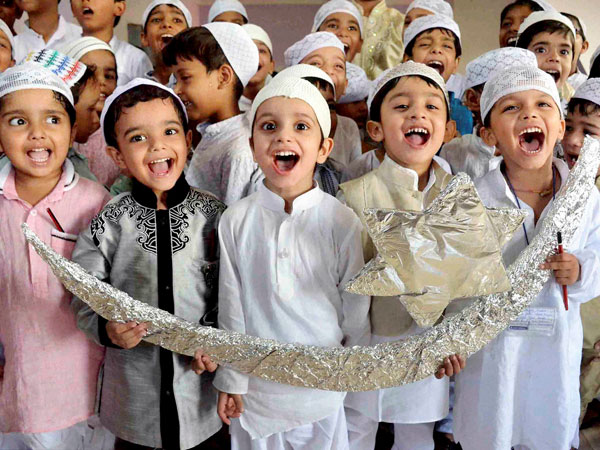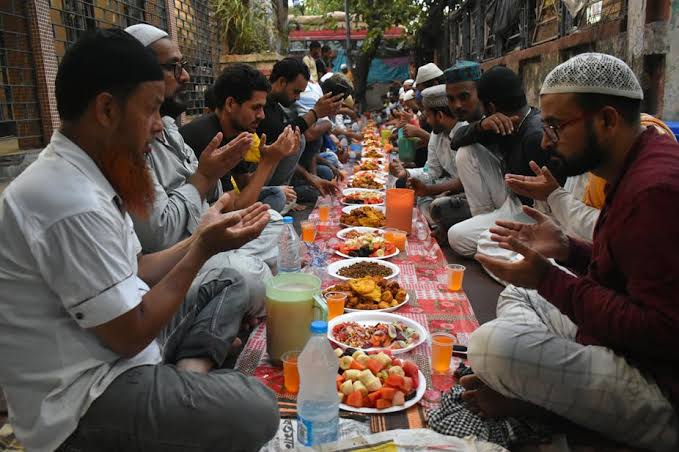Ramadan: What you can and cannot eat and drink while fasting

Ramadan is the ninth month of the Islamic lunar calendar and is observed by Muslims around the world as a month of fasting, prayer, reflection, and community. During Ramadan, Muslims fast from dawn until sunset, abstaining from food and drink.
Fasting in Ramadan holds great significance for Muslims, serving as a time for spiritual growth, self-discipline, and increased empathy for the less fortunate.
While fasting during Ramadan, Muslims are required to abstain from all food and drink during daylight hours. This includes not only eating meals but also refraining from consuming any liquids, including water.
However, there are specific rules regarding what is permissible to consume outside of fasting hours.
Before the sunrise, Muslims partake in a pre-dawn meal known as Suhoor to sustain them through the day. It is recommended to eat a nutritious meal that provides sustained energy throughout the fasting period. Dates and water are traditionally consumed to break the fast at sunset, followed by a larger meal known as Iftar.
Read more:
- Ramadan: When couples can have intercourse
- 7 ways Muslims can prepare for Ramadan fasting
- 10 things to avoid during Ramadan
- Seven Foods to avoid during Ramadan
During Ramadan, it is important to focus on incorporating nutrient-dense foods such as fruits, vegetables, whole grains, and lean proteins into your meals. It is advisable to avoid heavily processed foods, sugary drinks, and excessive caffeine intake.
Additionally, it is crucial to stay hydrated during non-fasting hours by consuming an adequate amount of water to prevent dehydration. It is also recommended to limit the intake of salty and spicy foods, as they can lead to thirst during the fasting period.
Ramadan is a time of spiritual reflection and self-discipline for Muslims around the world. By paying attention to what you eat and drink during this holy month, you can ensure that you maintain your health and well-being while observing the fast.




